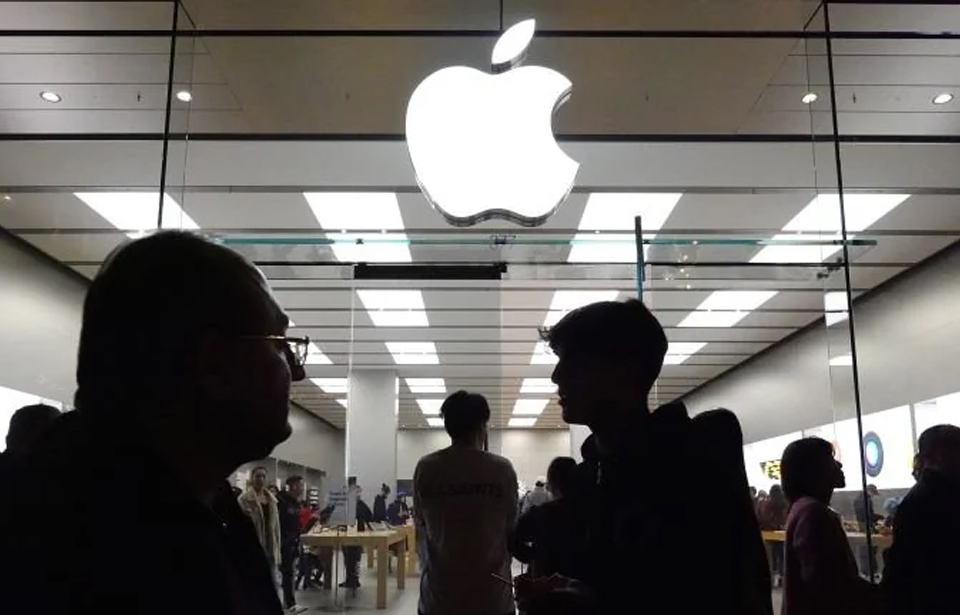On Thursday, Apple Inc. filed a motion in a U.S. federal court to dismiss an antitrust lawsuit brought against it by federal and state regulators, arguing that the allegations of illegally monopolizing the smartphone market are unfounded. The lawsuit, initiated by the Justice Department alongside 19 states and Washington, D.C., accuses Apple of maintaining an illegal monopoly on smartphones by imposing restrictive contracts and denying critical access to developers.
Apple’s motion, submitted in a Newark, New Jersey federal court, contends that the company’s actions do not constitute anti-competitive behavior. Instead, Apple argues that it has placed “reasonable limitations” on third-party developers’ access to its technology, which it claims is a standard business practice to ensure quality and security within its ecosystem.
The case centers around Apple’s App Store policies and the extent to which the company controls app distribution and monetization on its iOS platform. Regulators argue that Apple’s control over the App Store creates barriers for developers, limiting competition and innovation in the smartphone market. They claim that these practices result in higher prices and fewer choices for consumers.
Apple, however, maintains that its policies are designed to protect user privacy and security, ensuring that apps meet high standards before being available to the public. The company also emphasizes that developers have benefited significantly from the App Store, with many small developers reaching global audiences and achieving financial success.
The lawsuit is part of a broader effort by regulators to scrutinize the business practices of major tech companies, including Apple, Amazon, Google, and Facebook, amid concerns about their growing influence and market power. The outcome of this case could have significant implications for Apple’s business model and the broader tech industry.
U.S. District Judge Julien Neals, who is overseeing the case, will receive a response from the government and a subsequent reply from Apple before making a decision on the motion later this year. The case is being closely watched by industry experts and legal analysts, as it could set a precedent for how antitrust laws are applied to digital marketplaces.
As the legal battle unfolds, Apple continues to defend its practices and highlight the benefits of its ecosystem for consumers and developers alike. The company argues that its approach fosters innovation and competition, ultimately benefiting the market as a whole.
(Source: Reuters)

